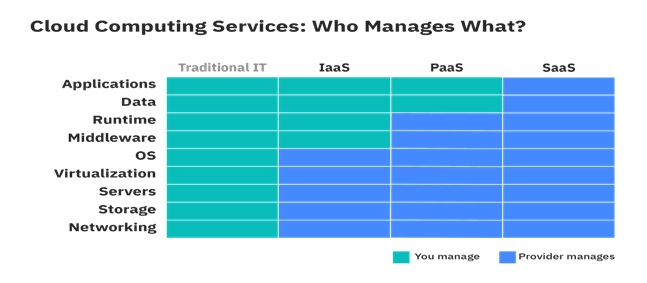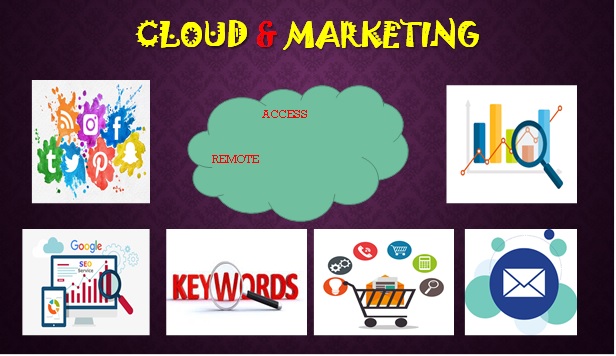“The impact of Cloud Computing on Society is more profound than electricity or fire”
– Sundar Pichai, Google CEO.
Cloud Computing is the one of the fastest growing technology, growing at the 16% from $313 billion in 2020 to $482 Billion in the year 2022. It has exploded in the year 2020 & 2021 as the work became virtual and industries responded to global pandemic by focusing on digital mode of processes and services. Almost 69 % of the industries are using it already and the remaining 18 % are in an adoption stage. Organizations are moving from traditional data centre on-premises architecture to cloud. It had revolutionized the data storage infrastructure of industries in a massive way by enabling clients to access data and cloud applications with remotely available servers, databases, and computers through the internet. Anything hosted over the internet comes under cloud computing. It is a level playing field for all especially MSME to get the tractions and get collaborated in an easy way.
Software as a Service (SaaS), Infrastructure as a Service (IaaS), Platform as a service (PaaS), and everything as a Service ( XaaS)are the new trends that enable organizational efficiency and cost savings work through cloud computing. Cloud is not just a technological innovation, it is a foundation for business innovation and is going to be pervasive. AWS, Apple, Microsoft Azure, Google Cloud, Oracle, Alibaba, VMware, SAP, Salesforce, Sprint, Verizon, HCL, and HP are the major players in the market. There are four types of Cloud deployment models based on the ownership of the platforms, Public (subscription based), Private, Hybrid and Community based.

Source: IBM
Marketing and Cloud
- Cloud Computing is a boon to marketing domain in accessing data any time anywhere by the global marketing heads for effective utilisation of customer data for strategy formulation and quick decision making. Sales cycle management can be effectively done through cloud.
- Cloud analytics are handy in helping the marketers to use variety of tools to decide on various channels, risk associated with each channel, right strategy for it and to understand and decide on right content to engage the customers.
- Extensive cost saving opportunity instead of having its own support system of marketing information.
- Team collaboration and efficiency in work flow are possible with cloud.
- Market automation uses cloud for effective use of time and laborious tasks.
- Cloud ERP reduces the average expenditure of the companies on ERP otherwise costs $500,000.
- Cloud hosted services like You Tube, Facebook and Hub spot enabled the rise of inbound marketing.

Virtual access of information in the industries has foster the steady growth of Cloud and there is a high demand for SaaS based collaboration solutions as the remote working model is still continuing across the globe. Cloud computing provides personalisation at scale for businesses to gain market share by providing appropriate data, design, distribution and decision making capabilities. At the same time, organisations have to ensure the security and quality of their data to prevent cyber-attack. The overall efficiency of the marketing department and ROI is proved positive.
Dr K.G.Hemalatha
Professor & HOD
DOMS, DSCE.
